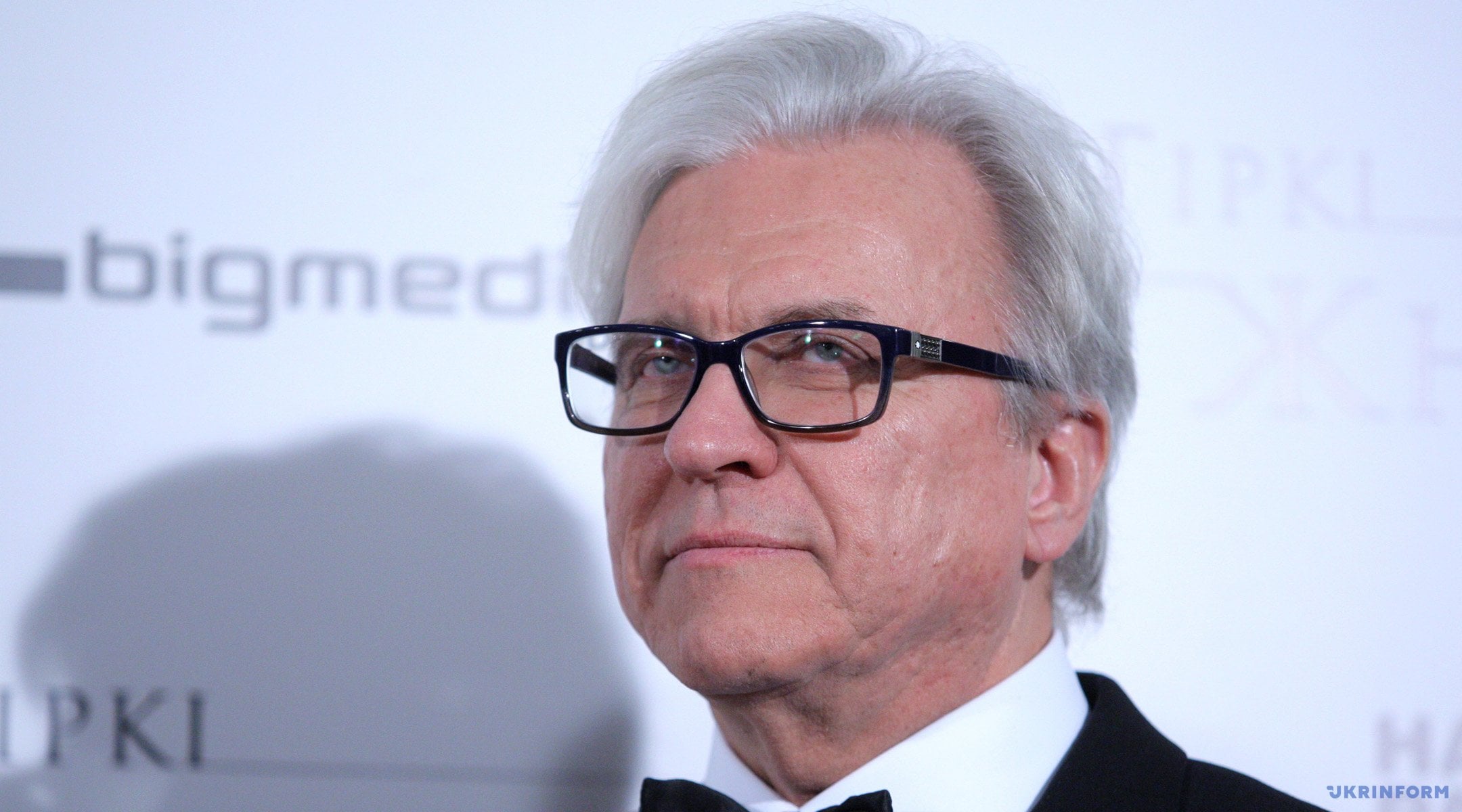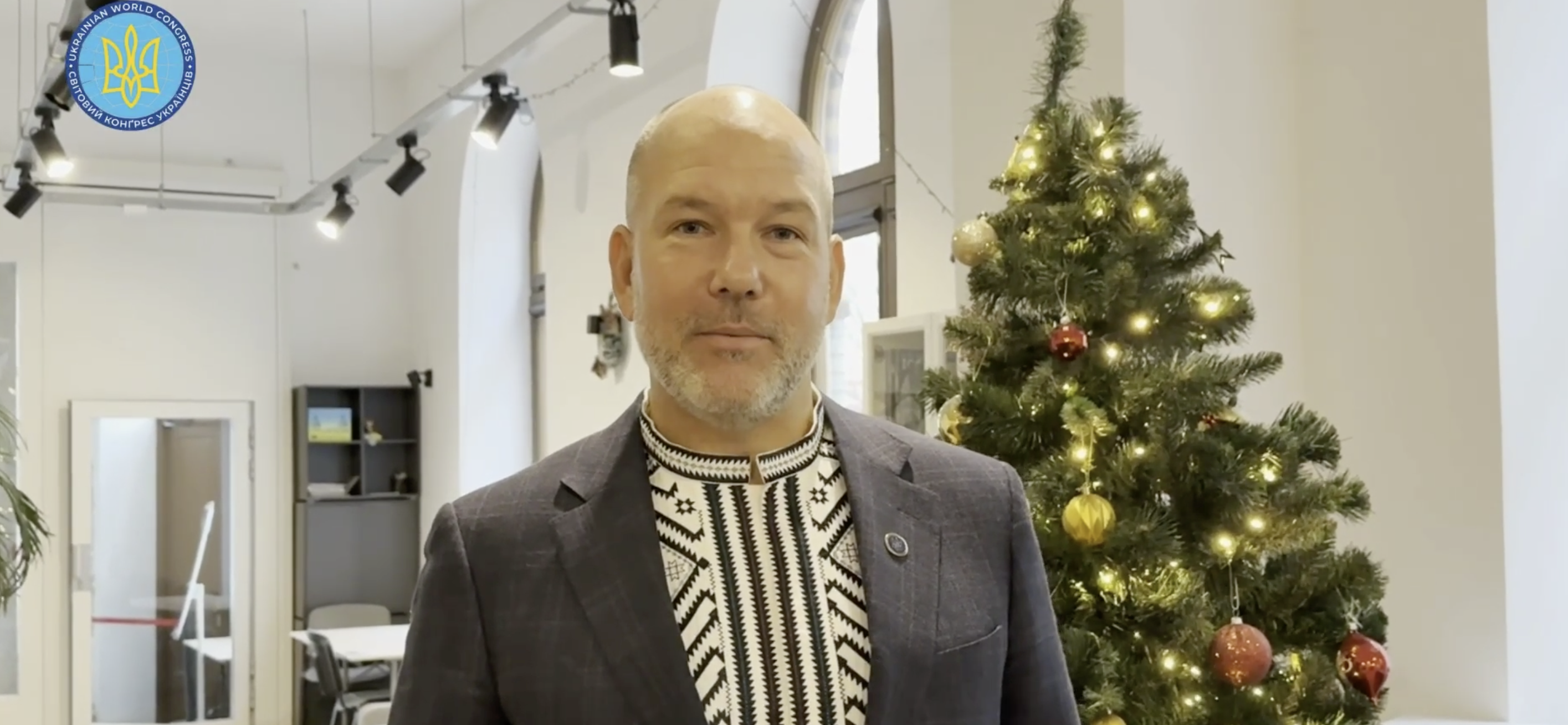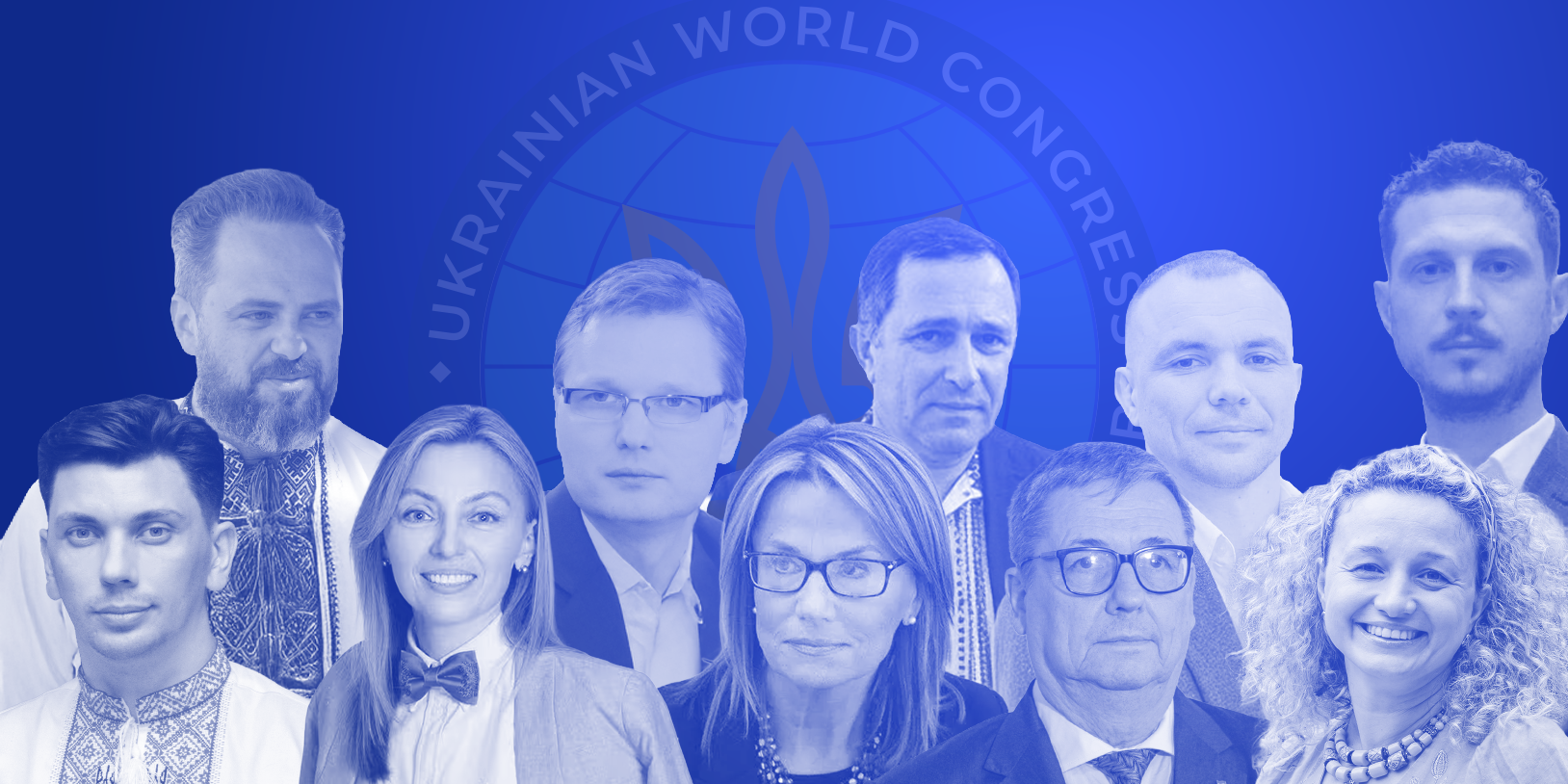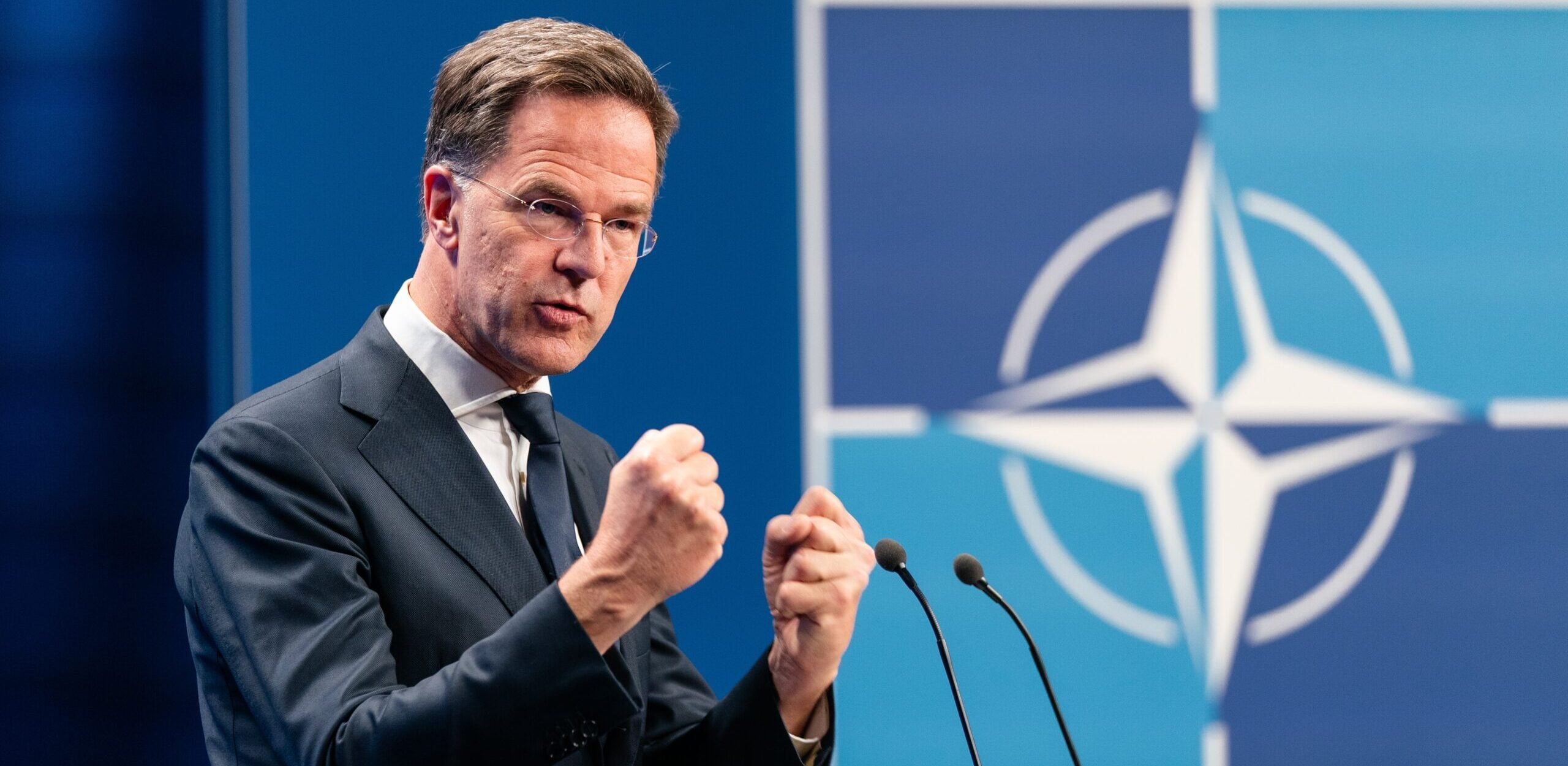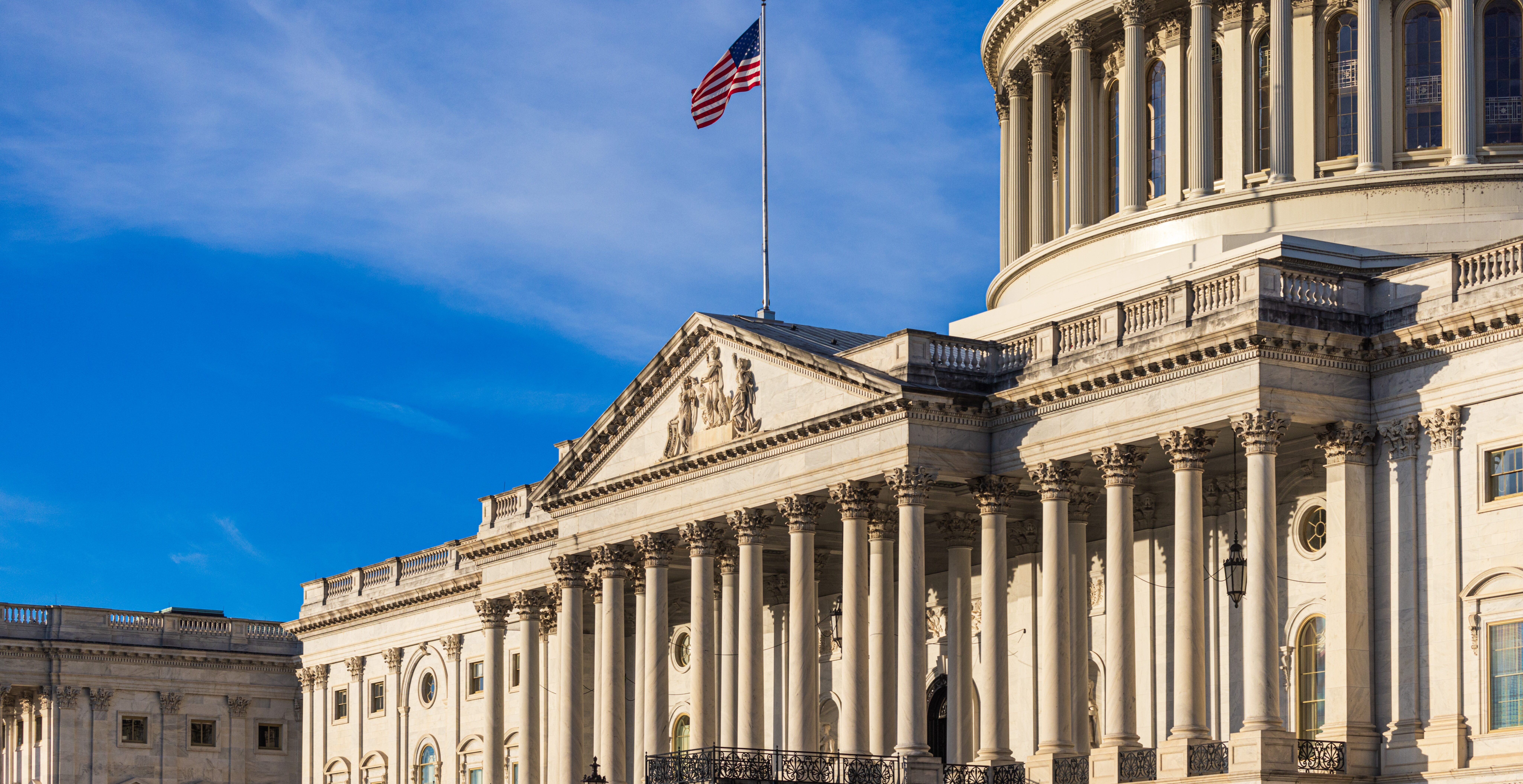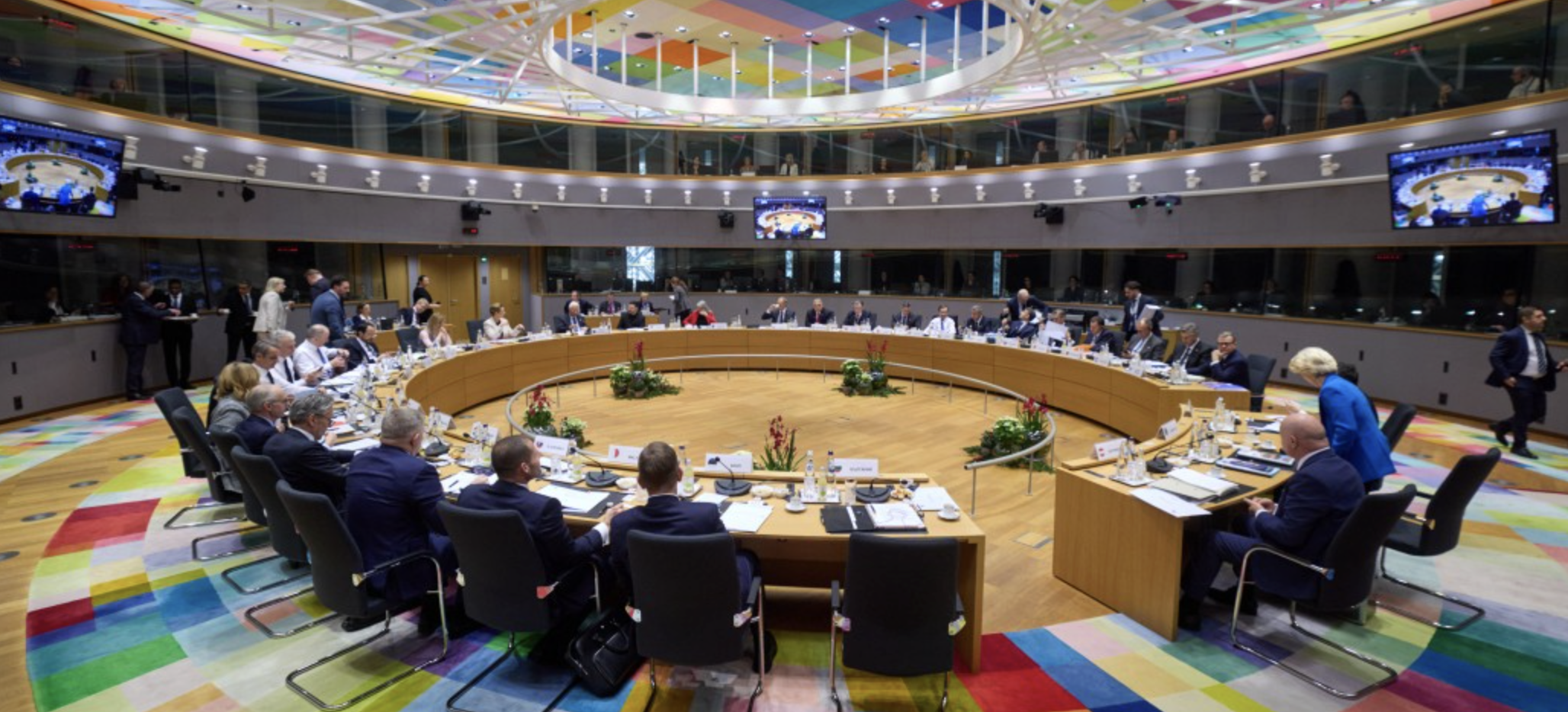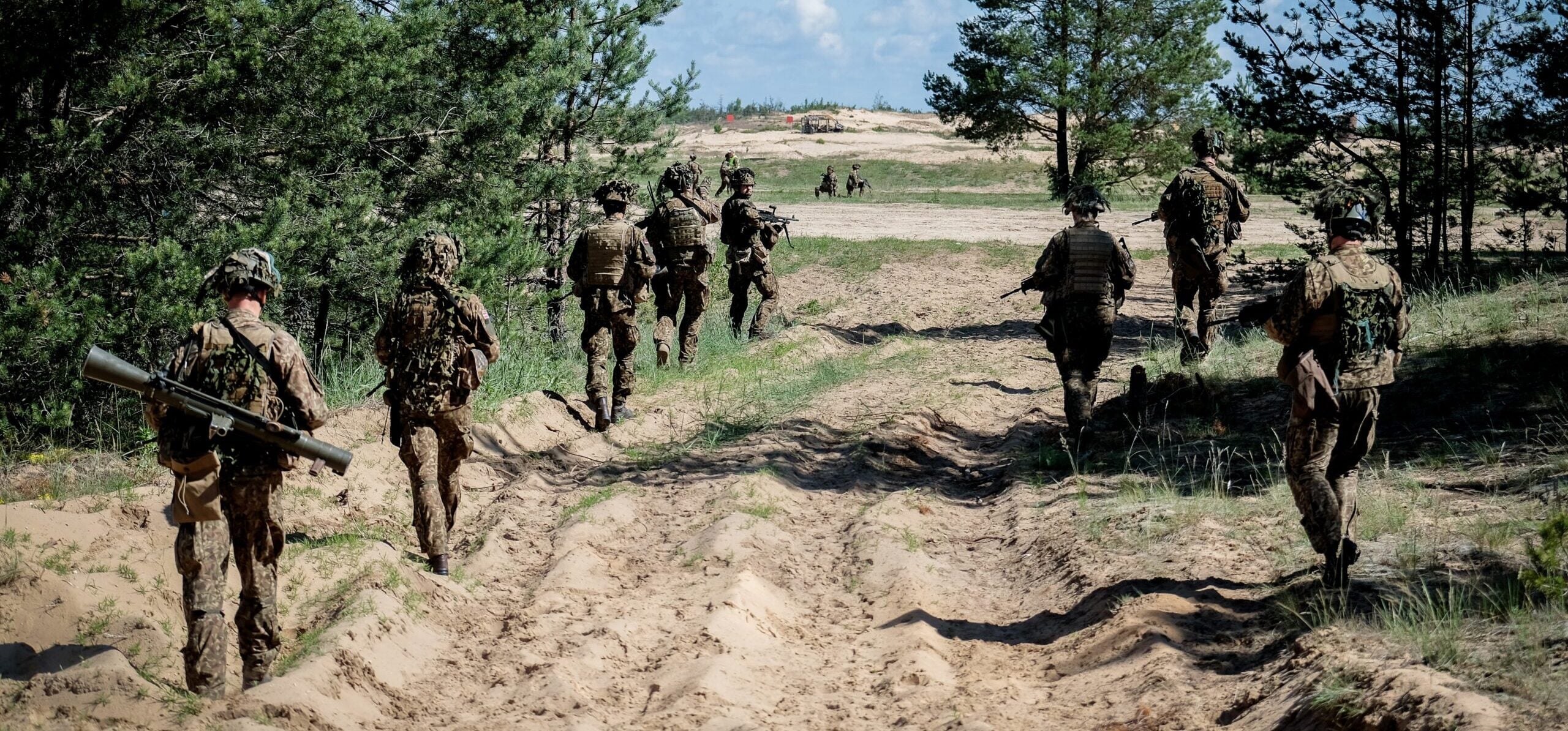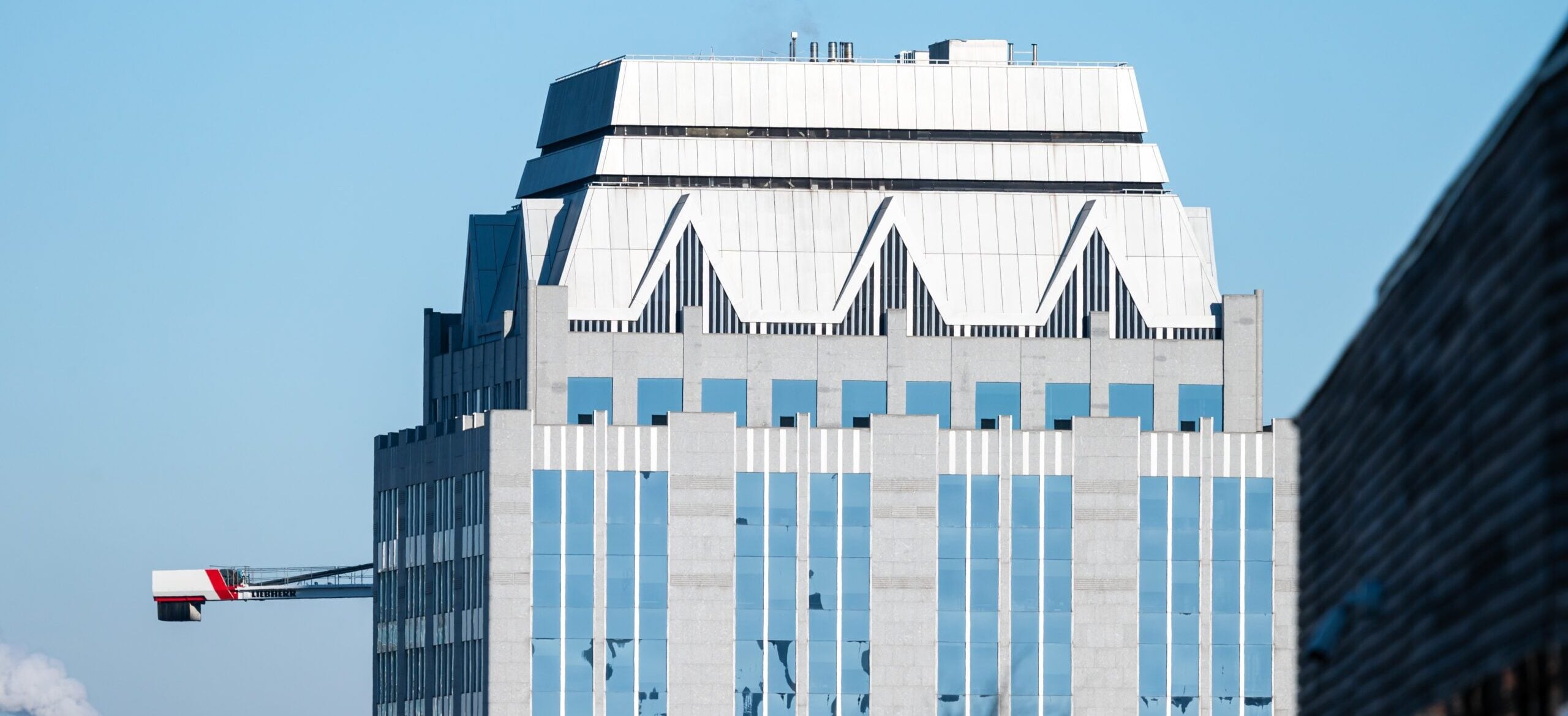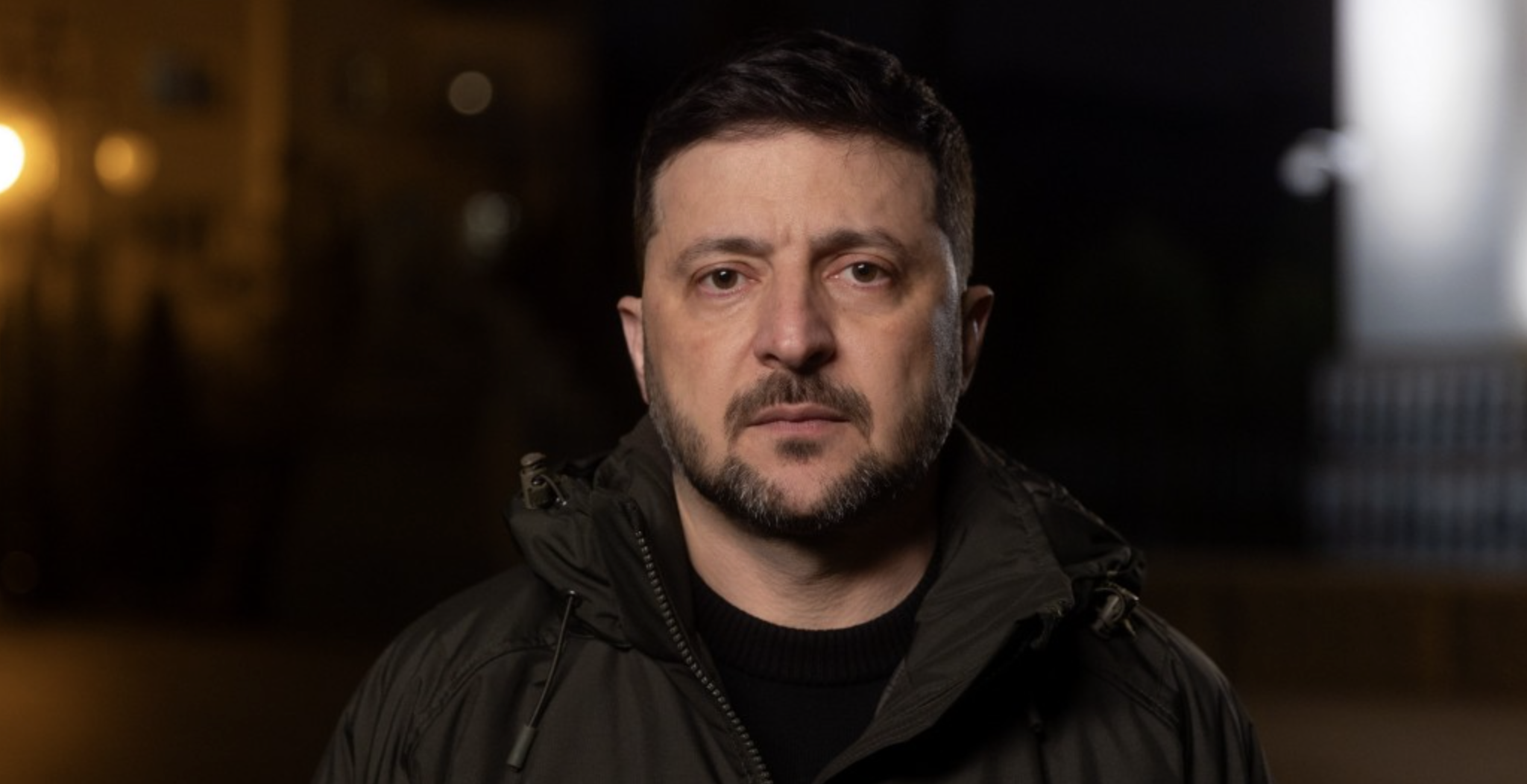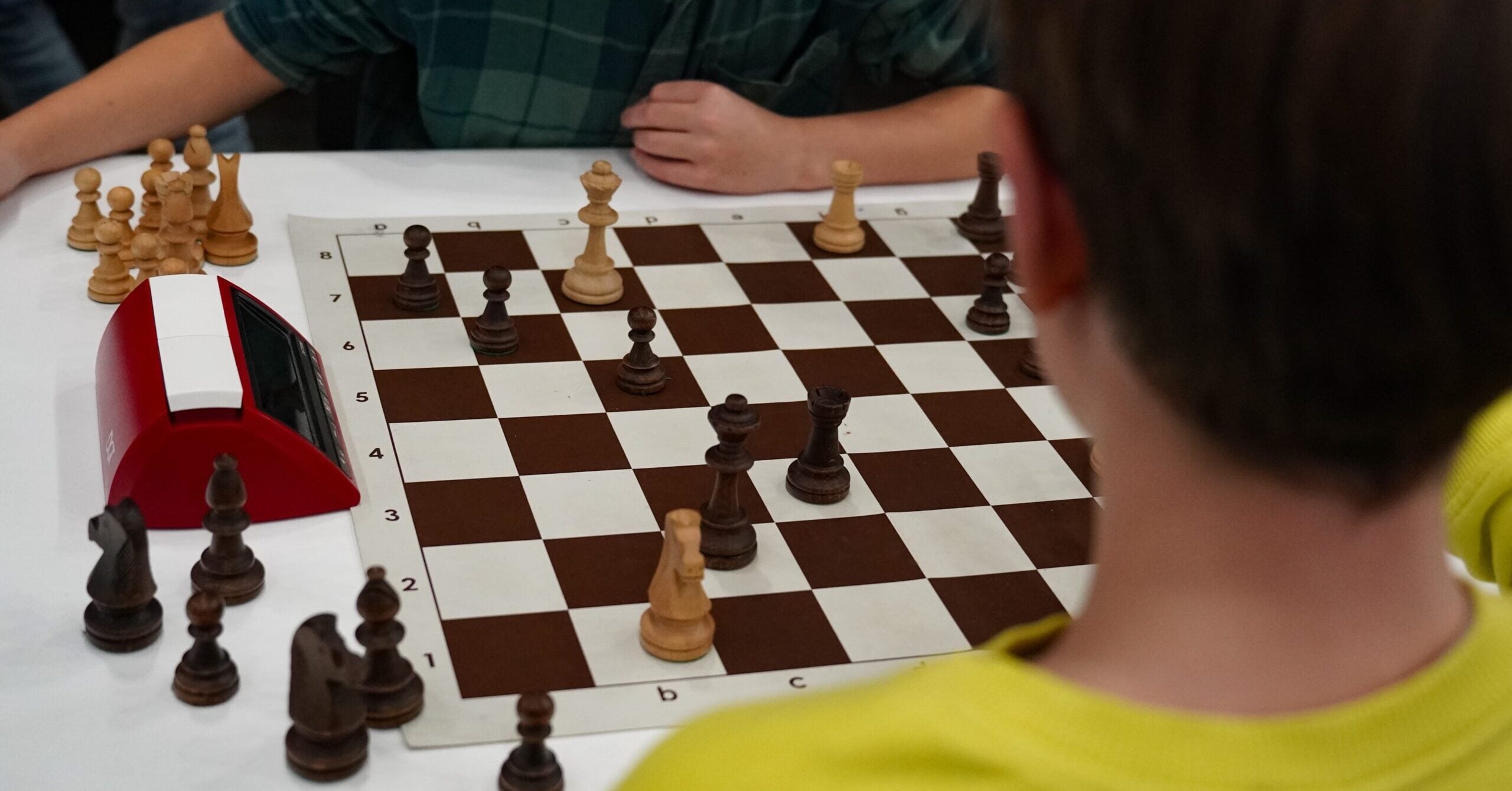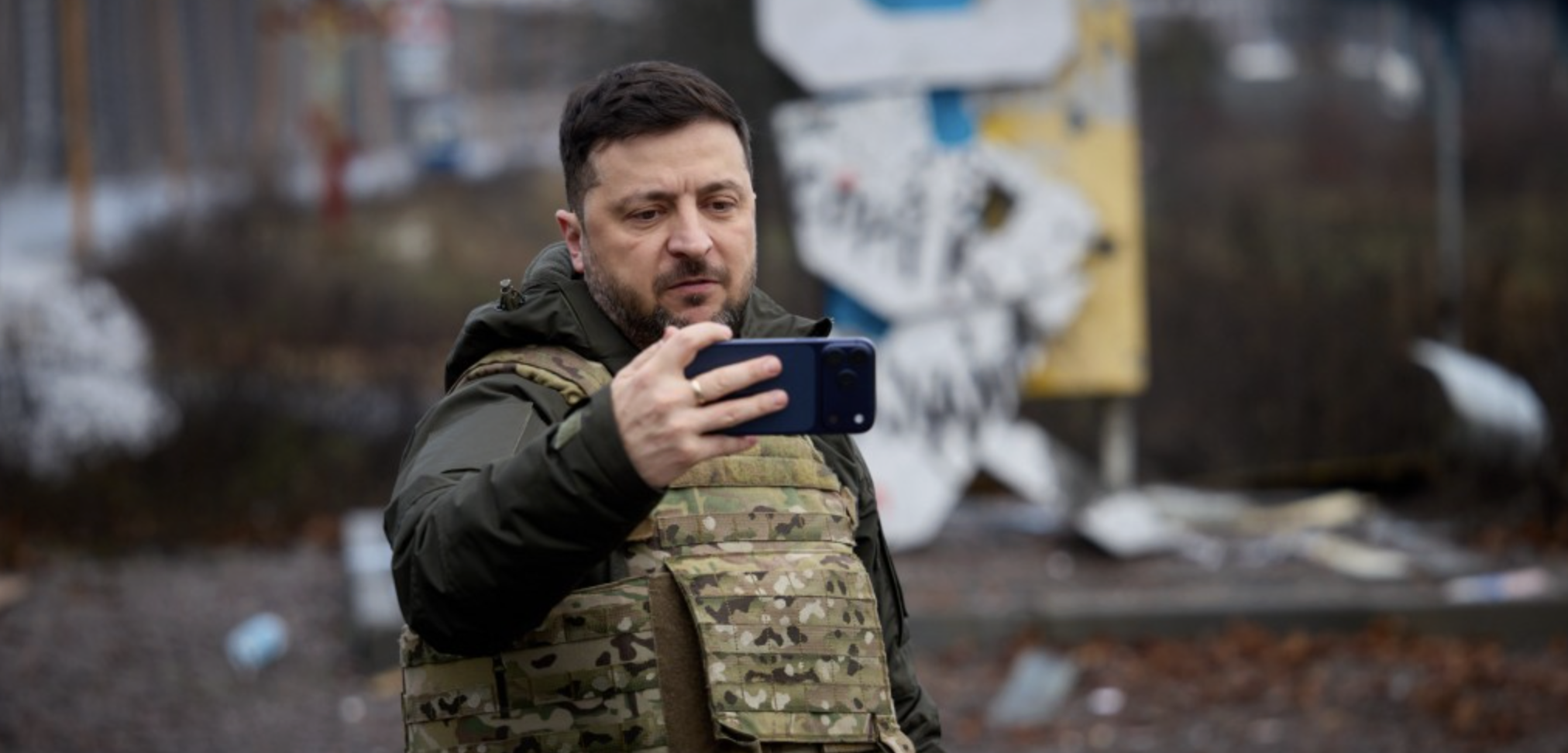
DECISIONS OF RF’S GOVERNING AUTHORITIES
On 11 July 2019, the Office of the Prosecutor General of the Russian Federation (RF) decided to “declare as undesirable on the territory of the Russian Federation the activities of the international nongovernmental organisation Ukrainian World Congress”.
On 17 July 2019, RF’s Ministry of Justice included the Ukrainian World Congress (UWC) on its list of foreign international non-governmental organisations whose activities are considered “undesirable on the territory of the Russian Federation”.
When the activities of an organisation are designated as “undesirable”, it is prohibited from implementing projects in Russia and disseminating any content through the media or the Internet. The organisation’s website is blocked within Russia. Since 2021, Russian nationals are prohibited from participating in the activities of an “undesirable organisation”, even when occurring outside the RF.
The failure to comply with these restrictions incurs administrative and criminal liabilities. Firsttime offenders can be fined. Repeat offenders and individuals, who organise the activities of an “undesirable organisation”, can face a range of criminal penalties, including fines, compulsory labour, and imprisonment.
CREATION OF THE COMMITTEE ON UWC PROTECTION
On 5 October 2019, the UWC Board of Directors created the Committee on the Protection of Rights of the UWC and its Network (Committee on UWC Protection) to contest the illegal decisions of RF’s governing authorities concerning the designation of UWC’s activities as “undesirable on the territory of the Russian Federation”.
The composition of the Committee on UWC Protection is:
Eugene Czolij – Chairman;
Nazar Kulchytskyy;
Markiyan Bem;
Serhii Vynnyk;
Peter Sztyk.
To represent its interests before:
● RF’s Courts, the UWC appointed Serhii Vynnyk and Nikolay Polozov.
● The European Court of Human Rights (ECHR), the UWC appointed the law firm “Nazar Kulchytskyy and Partners” and, particularly, its partners Nazar Kulchytskyy and Markiyan Bem.
CLAIMS REGARDING RF’S GOVERNING AUTHORITIES’ DECISIONS TO RF’S COURTS
On 9 October 2019, the UWC filed a claim against RF’s Office of the Prosecutor General and Ministry of Justice before the Tver District Court of Moscow.
On 11 March 2020, the Tver District Court of Moscow dismissed UWC’s claim for the following reasons submitted by RF’s Office of the General Prosecutor regarding UWC’s activities:
● Promoting anti-Russian political initiatives for the return of Crimea to Ukraine, strengthening sanctions against Russia, campaigning to review the “common history of Russia and Ukraine” and undermining the canonical Orthodoxy in Ukraine;
● Carrying out by the UWC President at the time [Eugene Czolij] of 147 international trips to 51 countries during which about 1,500 bilateral meetings were held where he stated that the main activity of the UWC was the defence of the territorial integrity of Ukraine from Russian aggression and called for the adoption of effective measures with respect to the occupation of Crimea and parts of Eastern Ukraine, including military assistance, as well as strengthening of sanctions against the RF and the suspension of the construction of the Nord Stream 2 pipeline;
● Raising in 2018 the issues of Russian aggression, occupation of Crimea, Nord Stream 2 and the need to impose sanctions against Russia during events of the Parliamentary Assembly of the Council of Europe, World Economic Forum in Davos, European Commission, United Nations and other international forums;
● Initiating a global action “Red card for Putin” during the 2018 FIFA World Cup, which was aimed at putting pressure on Russian governing authorities.
In its decision, the Tver District Court of Moscow also referred to a letter from the Federal Security Service of Russia, which states that “the activities of the Ukrainian World Congress have a destructive character and threaten the foundations of the constitutional order and security of the Russian Federation”.
On 15 April 2020, the UWC appealed the Tver District Court of Moscow’s decision before the Moscow City Court. On 22 July 2020, a panel of three judges of the Moscow City Court considered UWC’s appeal and upheld the decision of the Tver District Court of Moscow.
On 21 September 2020, the UWC filed a cassation appeal with RF’s Second Cassation Court of General Jurisdiction against the judicial decisions of the Moscow City Court and the Tver District Court of Moscow. On 5 November 2020, RF’s Second Cassation Court of General Jurisdiction dismissed UWC’s cassation appeal.
On 19 January 2021, the UWC filed a cassation appeal with RF’s Supreme Court against the judicial decisions of RF’s Second Cassation Court of General Jurisdiction, the Moscow City Court and the Tver District Court of Moscow. On 12 May 2021, one judge of RF’s Supreme Court refused to transfer the cassation appeal for consideration by the judicial panel on administrative matters of RF’s Supreme Court.
On 8 July 2021, the UWC submitted a supervisory complaint to the Presidium of RF’s Supreme Court. On 6 September 2021, the Deputy Chairman of RF’s Supreme Court refused to transfer the supervisory complaint to the Presidium of RF’s Supreme Court.
Thus, in accordance with the European Convention on Human Rights, the UWC had exhausted all possibilities in the RF for a judicial appeal against the decisions of RF’s Office of the Prosecutor General and Ministry of Justice regarding the designation of UWC’s activities as “undesirable on the territory of the Russian Federation”.
CLAIMS REGARDING RF’S GOVERNING AUTHORITIES’ DECISIONS TO THE ECHR
On 26 August 2021, the UWC sent a statement to the ECHR with complaints against the RF that:
● The designation of the activities of the UWC as “undesirable on the territory of the Russian Federation” violated UWC’s rights guaranteed by the European Convention on Human Rights;
● The rights of UWC’s former Regional Vice President and legal representative in the RF, Serhii Vynnyk, guaranteed by the European Convention on Human Rights, were violated for his cooperation with the UWC and for representing its interests before RF’s courts, with administrative fines, the initiation of criminal proceedings on economic grounds that were later discontinued, searches at his home and office with the removal of documents and electronic devices, and obstruction of his work as UWC’s legal representative in the RF.
On 5 October 2021, the ECHR Secretariat accepted UWC’s statement for consideration under the name Ukrainian World Congress and Vynnyk v. Russia and number 44688/21.
On 6 March 2023, the ECHR consolidated the UWC case with 82 complaints regarding amendments to the Russian legislation of 2015, which created the category of “undesirable organisations” and introduced administrative and criminal liability for involvement in their activities. Among the applicants are organisations identified as “undesirable” (including the UWC) and individuals (including Serhii Vynnyk), who were convicted for participating in organized events of “undesirable organisations” or for using their symbols. The ECHR also decided that it would consider the following issues:
- With regard to applicant organisations (including the UWC), was there a violation of аrticles 10 and 11 of the European Convention on Human Rights due to their designation as “undesirable organisations”?
- With respect to the individual applicants (including Serhii Vynnyk), was there a violation of аrticles 10 and 11 of the European Convention on Human Rights due to convictions for participation in the activities of “undesirable organisations”?
Articles 10 and 11 of the European Convention on Human Rights stipulate that:
“Article 10 – Freedom of expression
- Everyone has the right to freedom of expression. This right shall include freedom to hold opinions and to receive and impart information and ideas without interference by public authority and regardless of frontiers. This Article shall not prevent States from requiring the licensing of broadcasting, television or cinema enterprises.
- The exercise of these freedoms, since it carries with it duties and responsibilities, may be subject to such formalities, conditions, restrictions or penalties as are prescribed by law and are necessary in a democratic society, in the interests of national security, territorial integrity or public safety, for the prevention of disorder or crime, for the protection of health or morals, for the protection of the reputation or rights of others, for preventing the disclosure of information received in confidence, or for maintaining the authority and impartiality of the judiciary.
Article 11 – Freedom of assembly and association
- Everyone has the right to freedom of peaceful assembly and to freedom of association with others, including the right to form and to join trade unions for the protection of his interests.
- No restrictions shall be placed on the exercise of these rights other than such as are prescribed by law and are necessary in a democratic society in the interests of national security or public safety, for the prevention of disorder or crime, for the protection of health or morals or for the protection of the rights and freedoms of others. This Article shall not prevent the imposition of lawful restrictions on the exercise of these rights by members of the armed forces, of the police or of the administration of the State”.
This consolidated case (including the case of the UWC and Serhii Vynnyk) is named as Case of Andrey Rylkov Foundation and Others v. Russia
On 29 March 2023, the ECHR informed that the RF did not respond to UWC’s statement.
On 26 May 2023, the UWC submitted additional comments to the ECHR, mainly regarding compensation for damages with supporting documents.
Оn 18 June 2024, the ECHR delivered a judgment deciding that the RF violated Аrticle 11 of the European Convention on Human Rights (interpreted in the light of Article 10 of this convention) in designating the UWC as an “undesirable organisation”. In this judgment, the ECHR declared that: “the interference arising from the designation of the applicant organisations [including the UWC] as “undesirable” failed to satisfy the “prescribed by law” criterion, being both unforeseeable and arbitrary. The domestic law did not provide the applicant organisations [including the UWC] with adequate and effective safeguards against the abusive use of the unchecked discretion granted to the executive, leaving them [including the UWC] vulnerable to arbitrary designation without the means for a preemptive or meaningful challenge”.
The Court also found that there was a violation of Аrticle 11 of the European Convention on Human Rights (interpreted in the light of Article 10 of this convention) in respect of the applicants [including UWC’s former Regional Vice President and legal representative in the RF, Serhii Vynnyk], who have been convicted for their involvement with “undesirable organisations” [including the UWC].
On 20 September 2024, the ECHR informed that оn 19 September 2024 this judgment of the ECHR became final in accordance with Article 44 of the European Convention on Human Rights.
ROSKOMNADZOR COMPLAINTS
The Committee on UWC Protection also successfully defended the UWC against the complaints of RF’s Federal Service for Supervision in the Field of Communications, Information Technologies and Mass Communications (Roskomnadzor) to Twitter alleging that the content of the UWC Twitter account was violating RF’s laws and that Twitter should take appropriate action. Ultimately, Twitter took no action against the UWC’s account.
21 September 2024
Eugene Czolij
Chairman of the Committee on the Protection of Rights of the UWC and its Network
